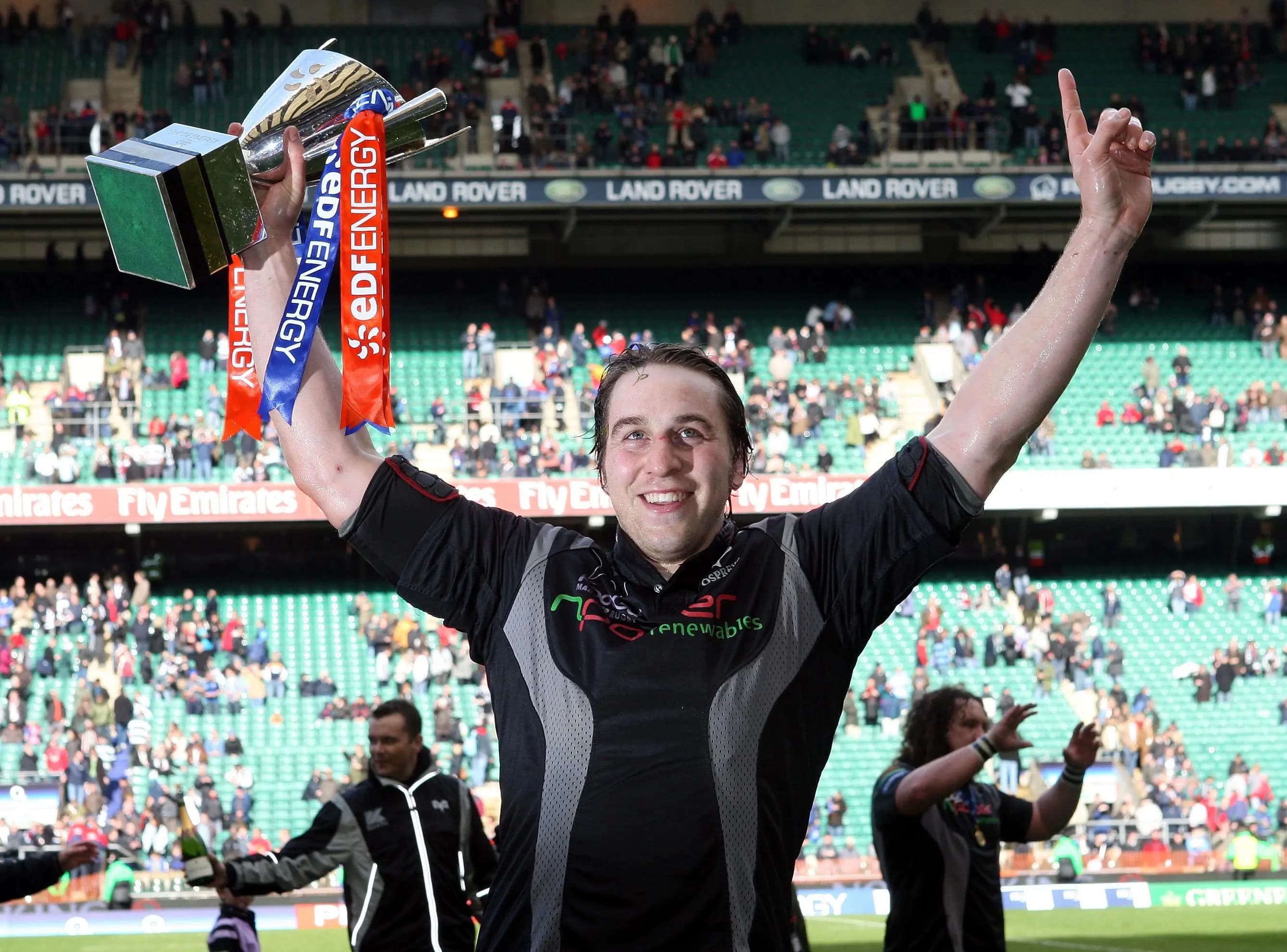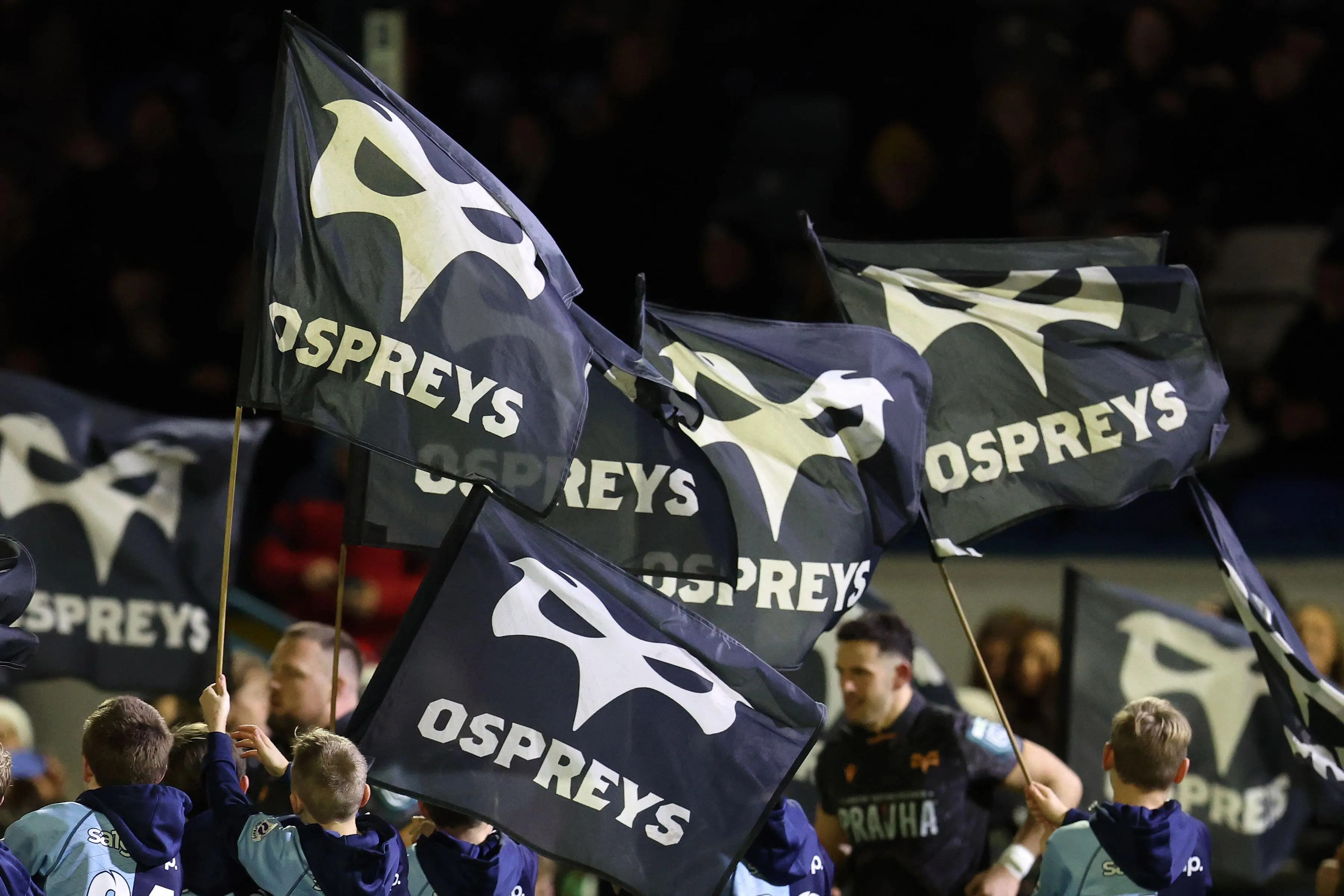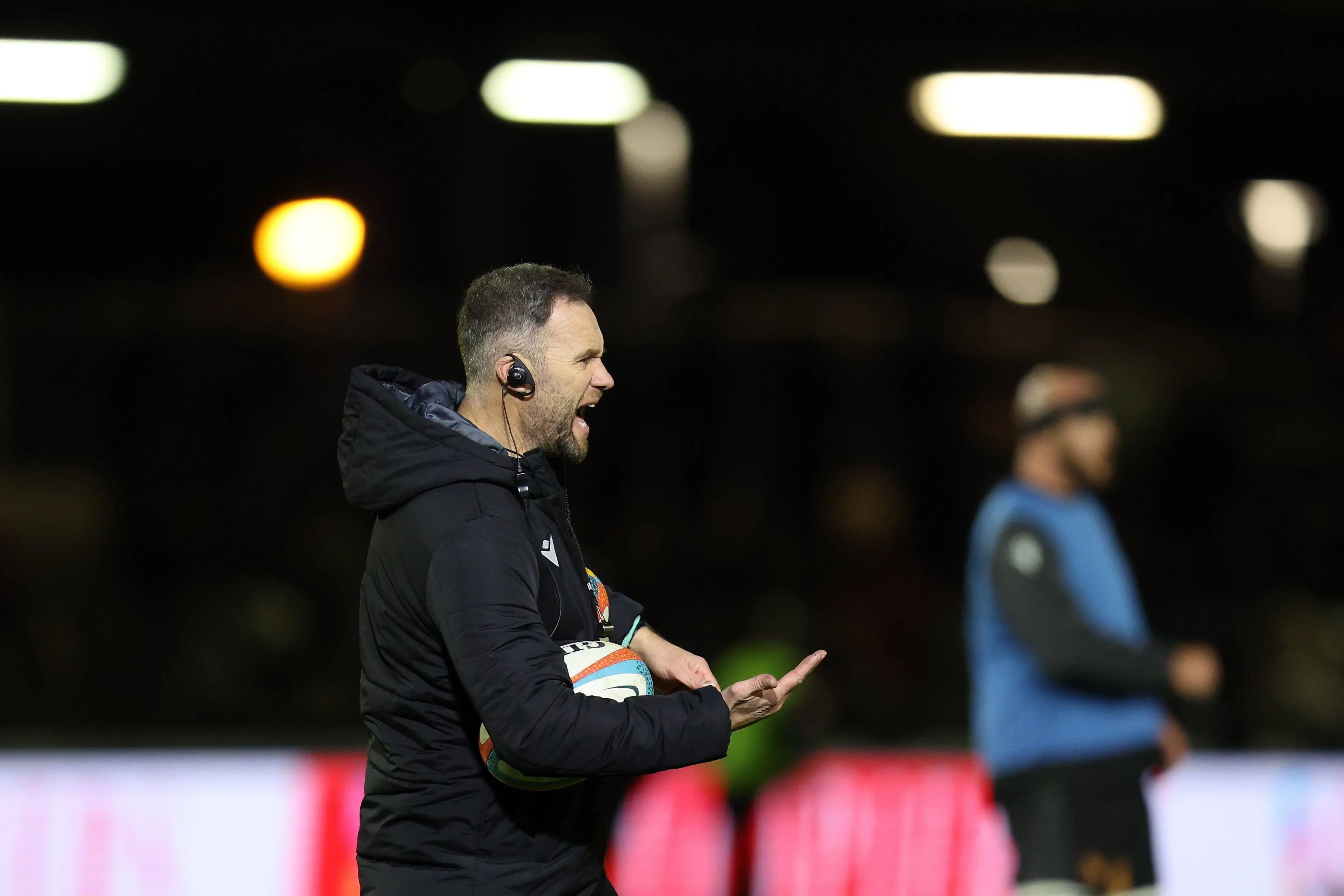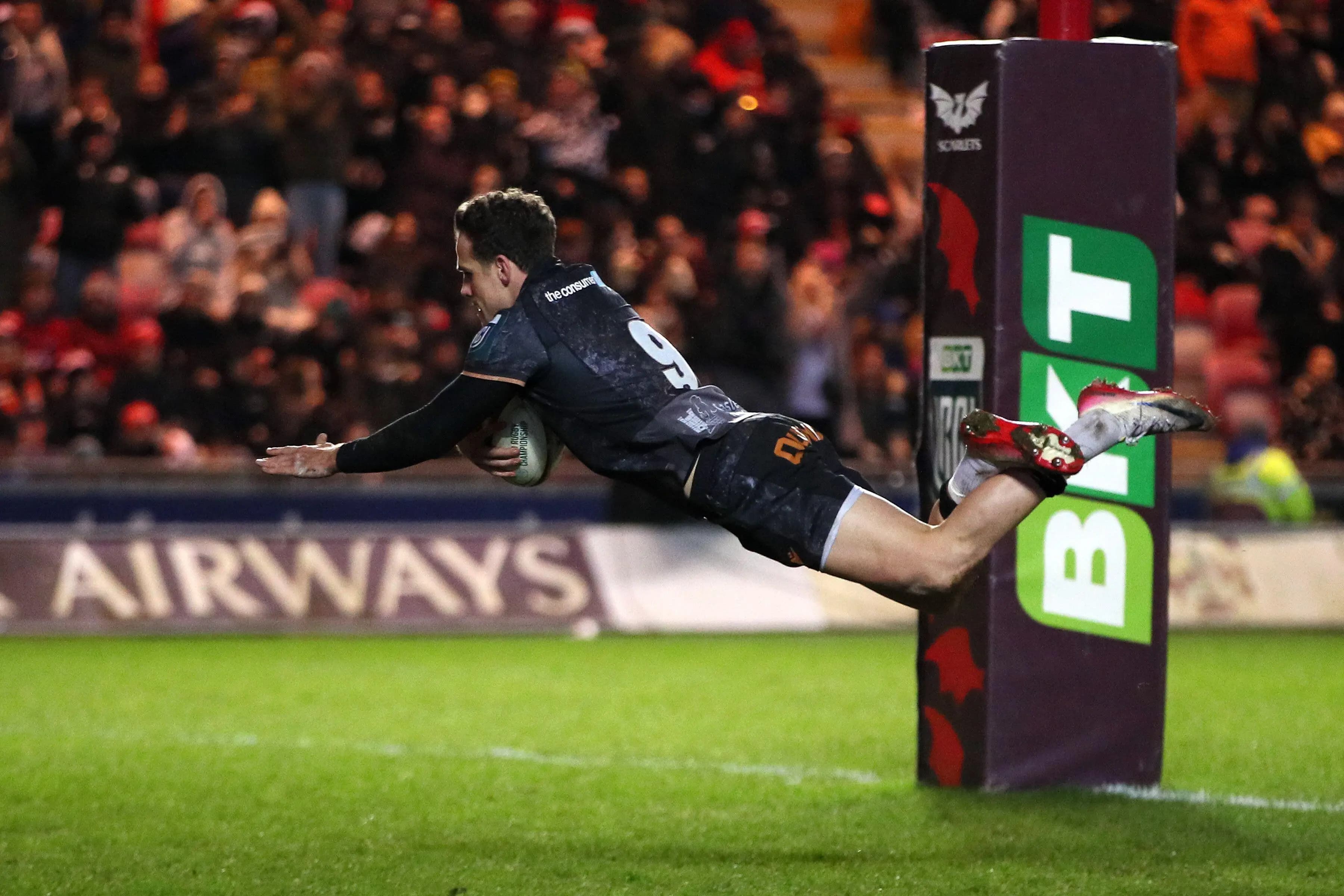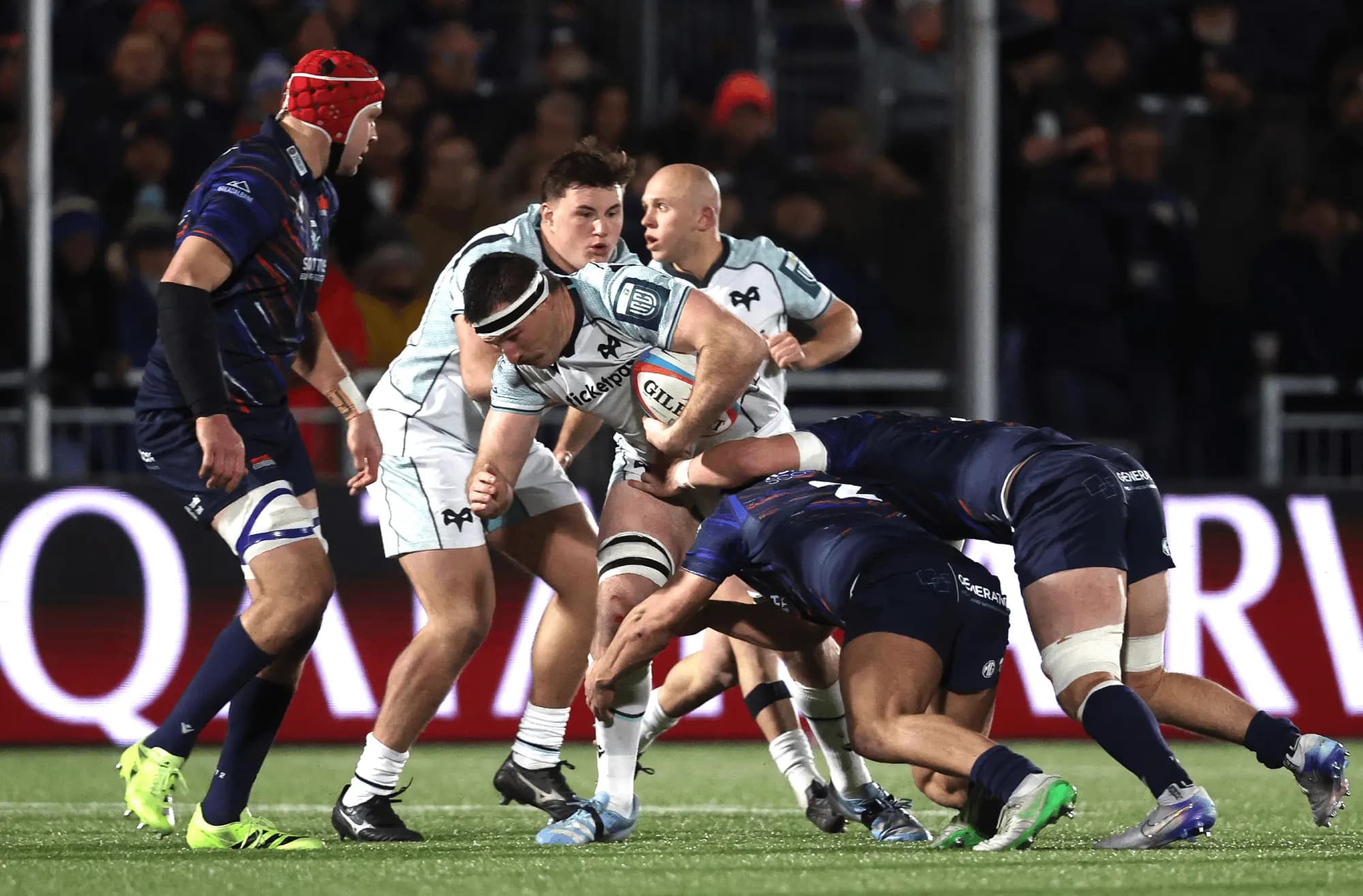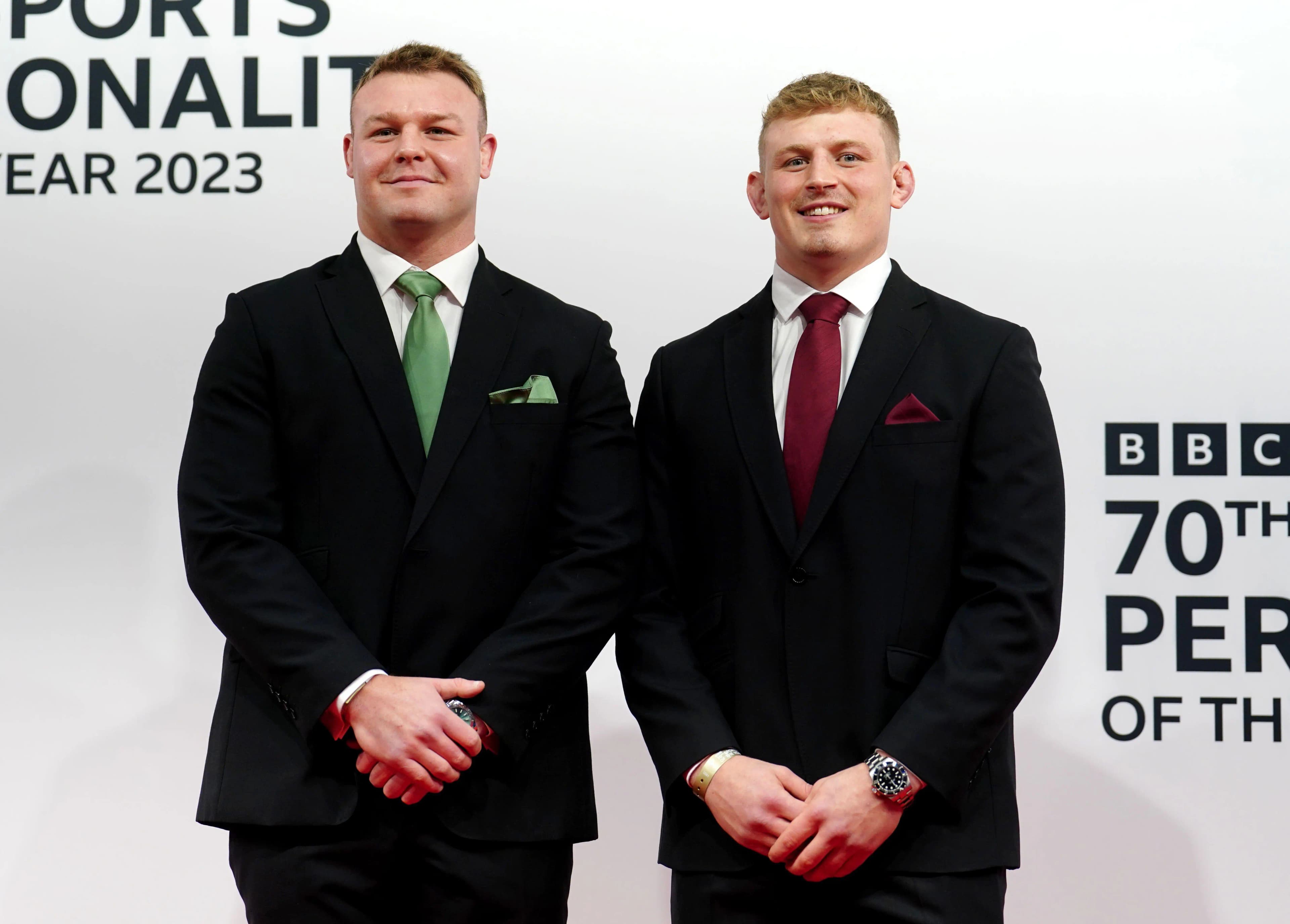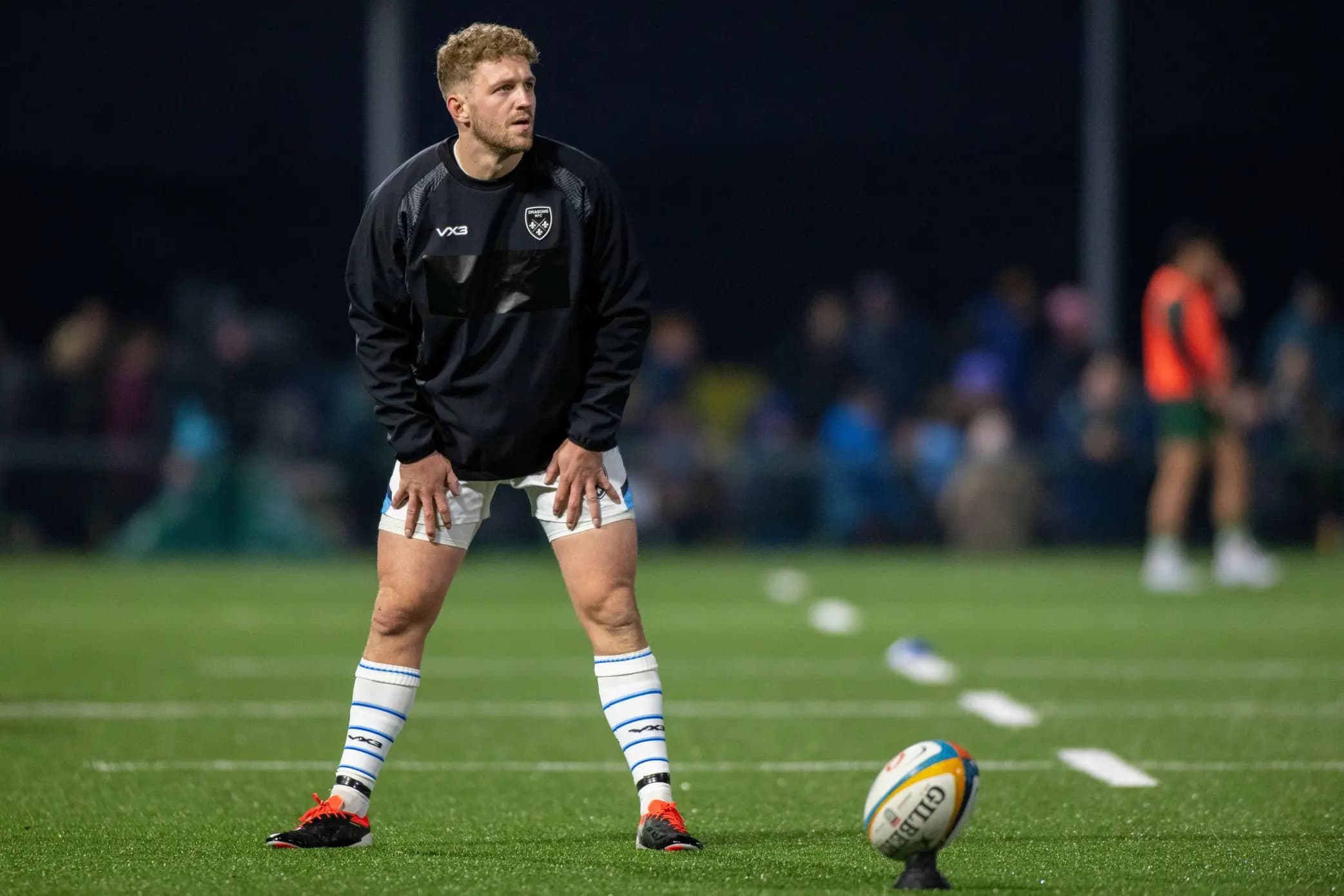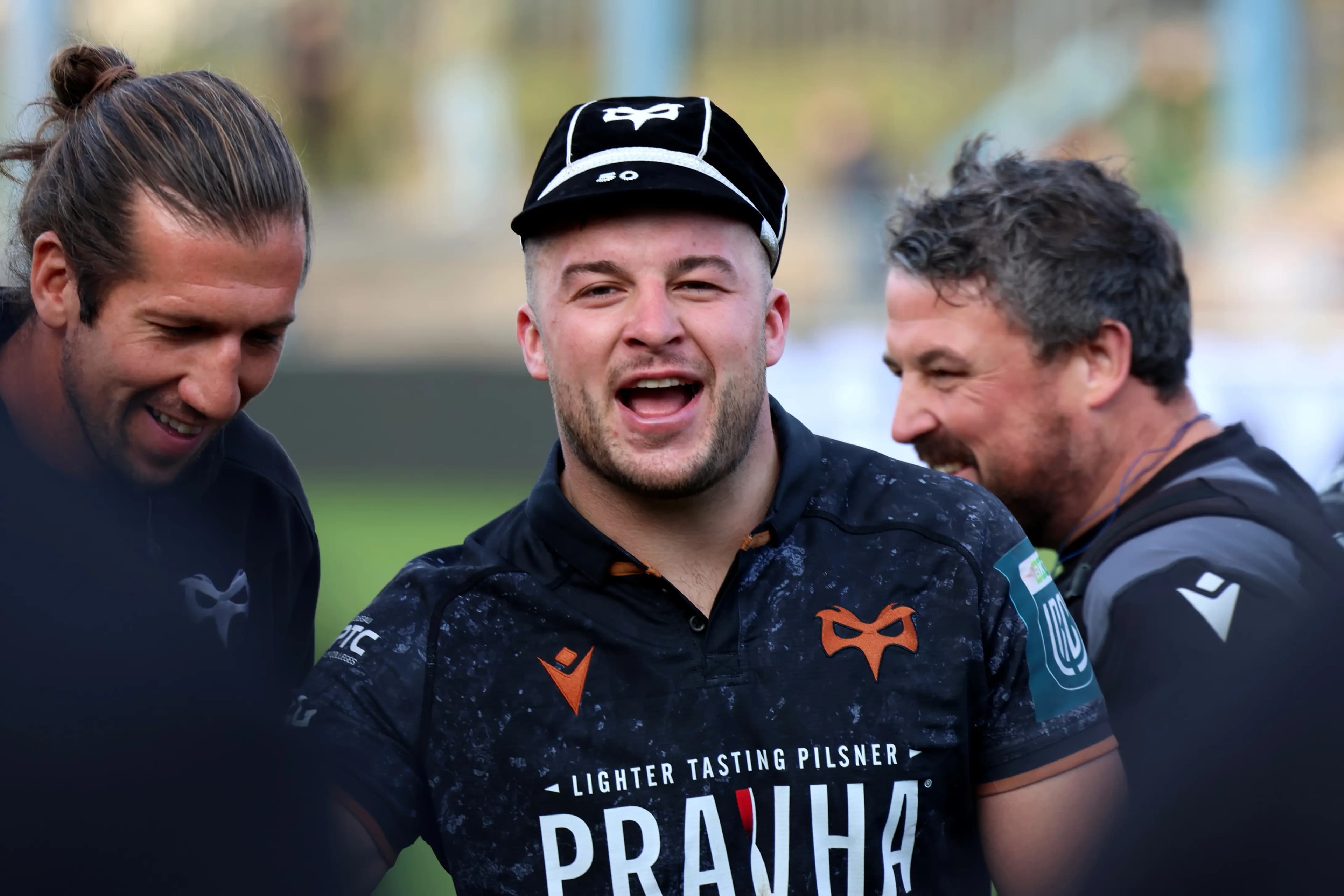Ospreys

The Ospreys are the most successful and one of the best-known contemporary rugby clubs in Wales, boasting a proud history and a reputation for producing top-level talent.
Established in 2003 as part of the restructuring of Welsh rugby, the club quickly became a dominant force in domestic and European competition.
The club currently is owned by Y11 Sports & Media, a sports investment group that took a majority stake in 2020, attempting to bring financial stability and future growth for the region.
Their investment has allowed the Ospreys to continue trying to compete at a high level while also developing local talent.
The Ospreys currently compete in the United Rugby Championship (URC), the top-tier league featuring teams from Wales, Ireland, Scotland, Italy, and South Africa.
They have also regularly participated in European competitions, including the prestigious Heineken Champions Cup.
The region has enjoyed significant success since its formation, winning the Celtic League/Pro12 four times - more than any other Welsh team.
Their titles came in 2005, 2007, 2010, and 2012, cementing their status as Wales’ most decorated regional side.
They also secured the Anglo-Welsh Cup in 2008, further demonstrating their strength across different competitions.
The Ospreys, as they are known, play their home matches at the Swansea.com Stadium, which they share with Swansea City FC. Prior to this, they played at St. Helen’s in Swansea and The Gnoll in Neath, reflecting their strong ties to both founding clubs.
With crowd levels dwindling in recent seasons, the Ospreys plan to return to a revamped St. Helen’s at some point in the 2025-26 season.
One of the club’s greatest achievements came in 2012 when they won the Pro12 final against Leinster, thanks to a stunning four-try performance from Shane Williams in his last game for the region.
READ MORE: Justin Tipuric Stays Classy As Ospreys Surge Continues
The victory remains one of the most memorable recent moments in Welsh club rugby history.
The Ospreys also have a strong European pedigree, regularly competing in the Heineken Champions Cup, but have never managed to go beyond the quarter-final stages.
The club was founded in 2003 as a merger between Neath and Swansea, forming one of the five original Welsh regional teams.
The merger initially faced resistance, but the Ospreys quickly established themselves as one of the strongest teams in Welsh rugby. Their early dominance helped secure their reputation as a leading force in the professional era.
Throughout their history, the Ospreys have been home to some of the biggest Welsh names in the sport, including Alun Wyn Jones, Shane Williams, Justin Tipuric, Adam Jones, James Hook, Lee Byrne, Gavin Henson and Dan Biggar.
Many of these players have gone on to star for Wales and the British & Irish Lions, further enhancing the club’s legacy.
They have also had a strong overseas influence in their playing squad with the likes of New Zealand All Blacks Justin Marshall, Jerry Collins and Marty Holah.
Those foreign stars were part of the so-called “Galactico era” at the club, which helped raise their worldwide profile, but did not bring the European success they were striving for.
The region has also been instrumental in developing young Welsh talent, consistently producing international players through their academy system. This commitment to nurturing homegrown talent has ensured a steady pipeline of future stars for both the club and the national team.
Despite their early successes, the Ospreys have faced challenges in recent years, including financial difficulties and inconsistent performances in the URC. Injuries, coaching changes, and player departures have impacted their ability to challenge for silverware.
Following a period of decline, the club has sought to rebuild under new management and coaching staff, with a renewed focus on developing young players and competing at the highest level.
With strategic recruitment and a strong emphasis on their academy, the Ospreys are aiming to return to the upper echelons of European rugby.
The Ospreys maintain fierce rivalries with other Welsh regions, particularly Scarlets, in what is known as the "West Wales Derby."
Matches against Cardiff Rugby and Dragons also generate significant interest and are key fixtures in the URC calendar.
Ospreys News
Cardiff and Ospreys Fans Voice Outrage at Y11 Deal With WRU
The Welsh Rugby Union’s decision to enter exclusive negotiations with Ospreys owners Y11 Sports & Media over the future of Cardiff has triggered a fierce backlash.
Graham Thomas | Jan 20, 2026
Ospreys on the up . . . Even if the WRU Have Them Down the Barrel of a Gun
The Ospreys have lift off . . . after falling to the bottom of the URC table, and with dire threats to their future, Mark Jones’ men are doing their talking on the pitch, as Simon Thomas reports.
Simon Thomas | Jan 06, 2026
Under Threat Ospreys Prove They are Best Current Team in Wales
Mark Jones has praised his Ospreys team as “exceptional” after they proved they are the form team in Welsh rugby, as David Roberts reports.
Rob Cole | Jan 02, 2026
Mark Jones Insists Defiant Ospreys are Honouring the Badge
Ospreys coach Mark Jones has paid tribute to his players for honouring the jersey as they gear up for more furious festive Welsh derby action, as Simon Thomas reports.
Simon Thomas | Dec 28, 2025
Old Pals Dwayne Peel and Mark Jones Ready for Scarlets-Ospreys Boxing Day Bash
Long-time mates at both club and international level, Dwayne Peel and Mark Jones will temporarily set aside their close relationship as the Scarlets and Ospreys collide in the west Wales derby.
Rob Cole | Dec 26, 2025
Ospreys’ Aussie Ryan Smith is Warming to Welsh Rugby
The Ospreys may be facing an uncertain future, but on the field they are climbing one hurdle at a time . . . the same attitude shown by Ryan Smith, as Simon Thomas reports.
Simon Thomas | Dec 19, 2025
Ospreys Chief Demands Certainty in Wake of Jac Morgan and Dewi Lake Departures
Ospreys chief executive Lance Bradley has called on the Welsh Rugby Union to end the uncertainty in the game following confirmation that Jac Morgan and Dewi Lake are leaving.
Graham Thomas | Dec 16, 2025
Dragons Finally Win a Game As Welsh Regions Prove They Still Have a Pulse in Europe
Angus O’Brien described the feeling as “awesome” after captaining the Dragons to a dramatic European Challenge Cup comeback that ended a near year-long wait for a victory.
David Williams | Dec 15, 2025
Pride Still the Spur For Brave Ospreys, Insists Mark Jones
Ospreys head coach Mark Jones has hailed the character behind his side’s extraordinary 24-21 comeback victory over Connacht, reports David Roberts.
Rob Cole | Dec 08, 2025
Ross Aims to be Boss, Where the Moriarty Family Have Always Ruled The Roost
Ross Moriarty is still going strong, back in the area where the family dynasty first made themselves known, as Simon Thomas reports.
Simon Thomas | Oct 17, 2025
Ospreys’ Harri Deaves is Heading Right to the Top
It used to be all about the man in the blue cap at the Ospreys in the days of Justin Tipuric, but Harri Deaves is the new head boy, as Owen Morgan reports.
Owen Morgan | Oct 13, 2025
Mark Jones Backs Ospreys to Make Brewery Field a Place for Home Comforts
The Ospreys’ new chapter at Bridgend’s Brewery Field began in perfect fashion as Mark Jones’ side marked their first home match of the season with a convincing 24-0 victory over Zebre.
Paul Jones | Oct 13, 2025
